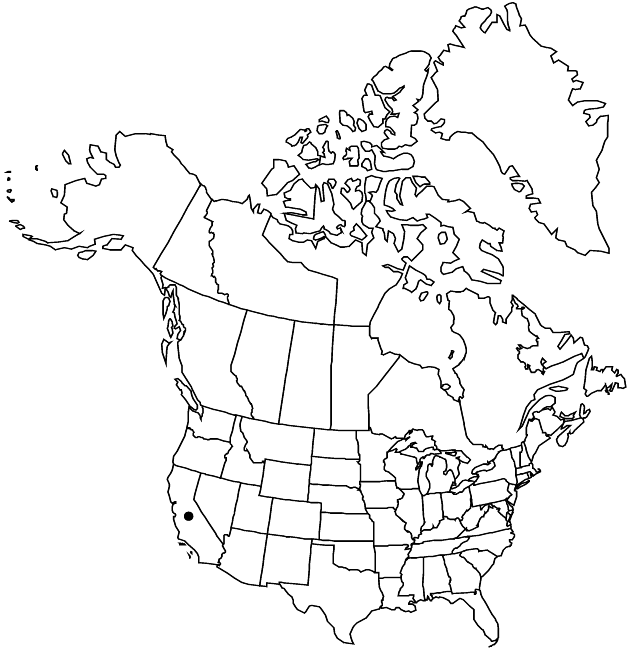Difference between revisions of "Malacothrix saxatilis var. commutata"
Aliso 4: 100. 1958.
Endemic
Basionym: Malacothrix commutata Torrey & A. Gray Fl. N. Amer. 2: 487. 1843
imported>Volume Importer |
imported>Volume Importer |
||
| Line 56: | Line 56: | ||
|publication year=1958 | |publication year=1958 | ||
|special status=Endemic | |special status=Endemic | ||
| − | |source xml=https:// | + | |source xml=https://bitbucket.org/aafc-mbb/fna-data-curation/src/2e0870ddd59836b60bcf96646a41e87ea5a5943a/coarse_grained_fna_xml/V19-20-21/V19_484.xml |
|tribe=Asteraceae tribe Cichorieae | |tribe=Asteraceae tribe Cichorieae | ||
|genus=Malacothrix | |genus=Malacothrix | ||
Latest revision as of 19:52, 5 November 2020
Plants rhizomatous or with woody caudices. Herbage glabrous or ± arachnose. Stems 1 (plants rhizomatous) or 2–3+ (plants with woody caudices), erect, freely branched, herbaceous, relatively leafy distally. Cauline leaves: proximal not pinnately lobed (lanceolate to lance-linear, margins entire or denticulate, apices acute to acuminate); distal lanceolate or elliptic to linear, margins entire or denticulate, apices acute to acuminate. Arrays of heads relatively crowded. Cypselae 2–2.5 mm. 2n = 18.
Phenology: Flowering Mar–Dec.
Habitat: Crumbling shale along roadcuts, in canyons, chaparral, foothill woodlands
Elevation: 200–1600 m
Discussion
Variety commutata grows on the eastern face of the Transverse Range (Ventura County), in canyons in the Coast Ranges to Monterey County, and in the Breckenridge Mountains (Kern County).
Selected References
None.
Lower Taxa
None.
